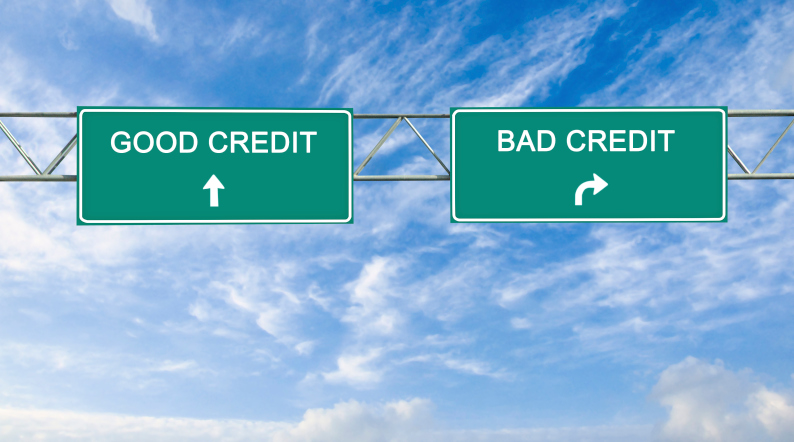 If you’re thinking of buying a home, you’ve probably been thinking a lot about your credit score as well. Credit scores control so much of what we do in the world of finances, but what does your credit score really have to do with your mortgage? Here are three ways that your credit score could impact your mortgage application.
If you’re thinking of buying a home, you’ve probably been thinking a lot about your credit score as well. Credit scores control so much of what we do in the world of finances, but what does your credit score really have to do with your mortgage? Here are three ways that your credit score could impact your mortgage application.
Your Credit Score Affects Your Ability To Get A Mortgage
The first thing your credit score tells a lender is whether they should lend to you at all. In some cases, if you have a very low credit score, you may not be able to obtain a mortgage at all.
Different lenders will have different criteria for determining safe and unsafe lending situations. Typically, if you have a score below the 600 mark, you’ll have trouble obtaining a mortgage.
If you’re worried about a low credit score, don’t despair – you can still get a mortgage, you just might have to work a little harder to get one. Some lenders will still lend to people with lower credit scores (just make sure you’re approaching legitimate lenders and not mortgage scam artists). Or, if time is on your side, you can work toward building up your credit score so that when it comes time to take out a mortgage, your score will be more appealing to lenders.
Your Credit Score Affects What Types Of Mortgages You Can Obtain
The second thing a lender learns from your credit score is which types of mortgages you qualify for. If a lender sees you as a higher risk, they won’t necessarily be willing to offer you just any old mortgage.
In most cases, if you have a credit score of less than 620, you won’t qualify for a conventional mortgage. In addition, if you have a lower credit score, you may have to make a larger down payment in order to qualify for the type of mortgage you want.
Your Credit Score Affects Your Interest Rate
The final thing that a lender learns from your credit score is what type of interest rate they’re willing to offer you. As a general rule, the higher your credit score, the lower the interest rate.
However, just because you have a high credit score, that doesn’t mean you’ll automatically get a great mortgage rate. There’s more that goes into the price of a mortgage than just the interest rate, so watch out for additional factors like extra fees, mortgage insurance, lock-in periods, and so on.
Your credit score tells a lender a lot about what type of borrower you are. Ultimately, a higher credit score means that you’ll be able to borrow money at a lower interest rate. But if your score is low, don’t worry – there’s a lot you can do to bring up that score before you apply for a mortgage, so don’t throw in the towel just yet!
Every financial situation is different, so if you want to find out more about how your credit score will affect your mortgage in your specific circumstance, talk to your mortgage professional.
